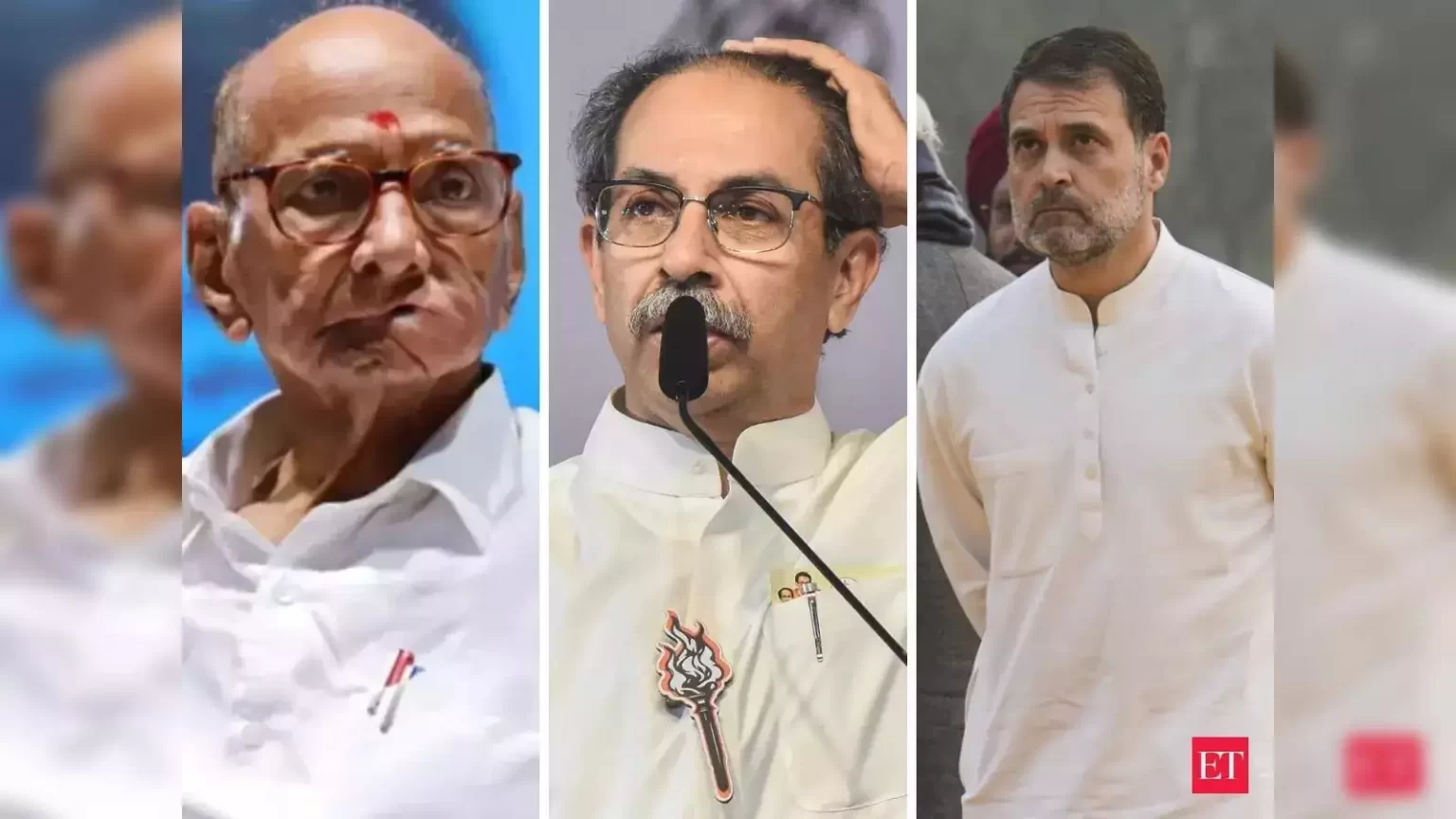The Maha Vikas Aghadi (MVA) coalition suffered a significant defeat in the 2024 Maharashtra Assembly elections, primarily due to internal divisions, leadership challenges, and a lack of cohesive strategy. The Bharatiya Janata Party (BJP)-led Mahayuti alliance capitalized on these weaknesses, executing an aggressive grassroots campaign and leveraging its organizational strength.

Source:- bbc news
The MVA, comprising the Congress, Shiv Sena (UBT), and NCP (Sharad Pawar faction), struggled to present a united front. Key issues included the split within the NCP and the lack of effective coordination among alliance partners. This disunity alienated voters, reducing the coalition’s credibility as a viable alternative to the ruling alliance. Additionally, the absence of strong, localized leadership and strategic missteps in addressing core issues such as inflation, unemployment, and agrarian distress left the electorate unimpressed
Source:- news 18
The results were historic in a negative sense for the MVA. For the first time since 1967, the Maharashtra Assembly will function without a Leader of Opposition, as no single opposition party met the 10% seat requirement. The Congress secured only 16 seats, Shiv Sena (UBT) won 20, and the NCP faction led by Sharad Pawar managed a mere 10 seats. This outcome underscores the coalition’s failure to maintain voter confidence across the state
In contrast, the BJP’s efficient “micro-planning” and focus on controlling narratives contributed significantly to its success. The results reflect the MVA’s inability to adapt to evolving political dynamics, signaling a need for introspection and rebuilding if it hopes to regain relevance in Maharashtra politics
Share your views in the comments

